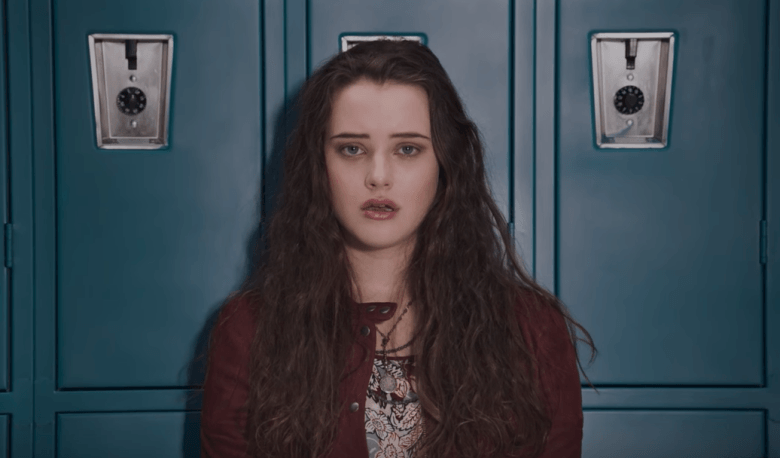Content warning: brief mention of rape and stalking
I started dissertation work early this morning, but when I noticed that 5pm had suddenly crept up on me, I thought I’d waste the rest of the preciously sunny day catching up on Riverdale. But when I reached the home page of Netflix a wave of nostalgia passed through me like a ghost, holding my heart and squeezing it, when I saw Thirteen Reasons Why had been made into a mini series.
The much-anticipated adaptation, produced by Selena Gomez and co-run by Diana Son and Brian Yorkey, has aggregated in the span of 24-hours an unprecedented 93% fresh on RT and a 9.1 on IMDb. Newspapers worldwide have gone mad over it, retracing once again the steps of Hannah Baker’s death. The thought of once again encountering the beautifully tragic story of Hannah Baker generated a strange energy through my body – maybe the sunshine reminded me of my summer vacations in Californian suburbia where I first read Thirteen Reasons Why, maybe the end of my degree and the start of my adult life have been bubbling up some teenage sentimentality, or maybe I just really love late 90s-early 2000s YA novels.
Anyone who reads (good) YA classics such as Story of a Girl (Sarah Zarr), Looking For Alaska (I’m not even gonna tell you who wrote that, you should know), Go Ask Alice! (Beatrice Sparks), The Virgin Suicides (Jeffrey Eugenides), Elenor and Park (Rainbow Rowland) and so and so forth (without even mentioning books dedicated towards a slightly younger audience such as Semiprecious or The Secret Language of Girls), knows that many of these books have difficult, adult themes. The two aren’t mutually exclusive; you don’t need sex to make a good High School novel. Authors such as S.E. Hinton proved that with The Outsiders’ adventure, but often times it resonates with the complexities of pre-adult life, the difficulties and pressures of High School – but mostly the curiosity sparkling within that makes teenagers, teenagers.
Now that I’ve given you a 400-word preamble about Thirteen Reasons Why and YA more generally, I can state the series did not disappoint. There were certainly some aspects of it that I would have liked to see differently, possibly towards the eighth or ninth episode I would have preferred something more nuanced other than the kids on the tape preventing Clay to continue trying to set things right. Originally, the story was also supposed to take place all in one run, rendering it like a starry night scavenger hunt. Instead, the narrative in the series covers multiple weeks, and Clay quickly becomes more and more of an Avenger. There were also moments where the acting wasn’t exactly convincing early on (mainly due to the actors looking twice the age of the characters), but all in all I did appreciate it.
I particularly enjoyed how Hannah wasn’t portrayed as being constantly victimized. Although she was the primary target, one of the greatest aspects of Jay Asher’s book was that Hannah remained trying, even frustrating sometimes and the show mirrored that well enough. The diversity in the cast and the amount of homosexual relationships, from family nuclei, to coming-out anxiety to hearth robing teenage romances, was also refreshing.
Being cautious of YA books turning into series or films (ever since the abhorrent start of John Green adaptations) I found that Thirteen Reasons Why remained current and bewitching for most of it. In a beguiling marriage between teenage dreamland and the harsh realities of the real world the story continues to resonate in our young-adult society. Slut-shaming, jealousy, the revoking of privacy and stalking, two accounts of rape, involuntary manslaughter and negligence are all found within Thirteen Reasons Why, in the High School world we all once lived in and soon forgot once we left it.
Starring Dylan Minette as Clay Jensen, Katherine Langford as Hannah Baker, recycling Ross Butler from Riverdale as Zach Dempsey, and an uncanny portrayal by Justin Prentice as Bryce Walker the show is a fantastic and heart-felt rendition of the 2007 book that was one of the first to alert our generation of the problems with technology and social media, and the consequences of misusing them. All whilst retaining its daze like component that made it so accessible to read and love; if you’re not, like me, wasting your days on arguing the possibility of Muslim-American Identity politics pre and post-9/11 in a six-thousand word dissertation, I highly recommend you both read the book if you haven’t and dive into the series.

